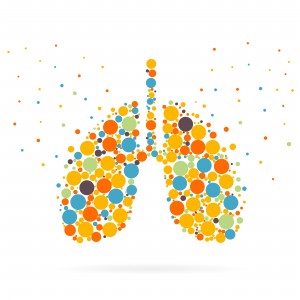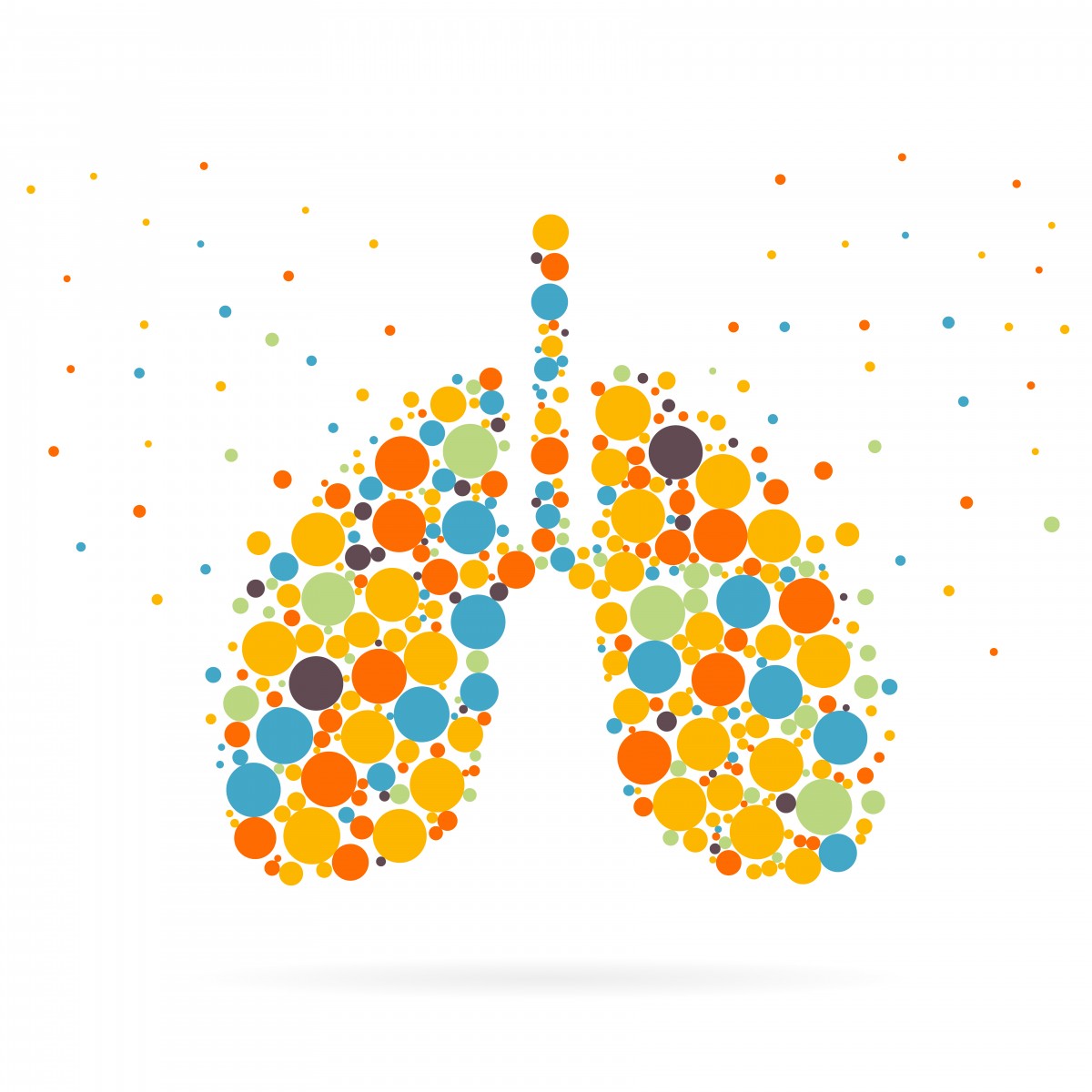 In a recent study entitled “Lung function, symptoms and inflammation during exacerbations of non-cystic fibrosis bronchiectasis: a prospective observational cohort study” authors describe the alterations in lung functions as well as general health and inflammation exacerbations of non-cystic fibrosis bronchiectasis. The study was published in the journal Respiratory Research.
In a recent study entitled “Lung function, symptoms and inflammation during exacerbations of non-cystic fibrosis bronchiectasis: a prospective observational cohort study” authors describe the alterations in lung functions as well as general health and inflammation exacerbations of non-cystic fibrosis bronchiectasis. The study was published in the journal Respiratory Research.
Non-cystic fibrosis (CF) bronchiectasis is a chronic lung disease where lung airways are damaged causing their dilation and, ultimately, exacerbations due to infections (most commonly, bronchial sepsis). In fact, recurrent exacerbations are suggested as the underlying cause of increased mortality in CF bronchiectasis, with numbers reaching an increase of 3% per year in the United States alone. However, there is a general lack of knowledge on how exacerbations in CF bronchiectasis setting impacts lung function and how it changes disease symptoms and progression.
In this study, the authors performed a prospective, observational cohort study with patients diagnosed for with non-cystic fibrosis bronchiectasis who were recruited at the Royal Free Hospital in London, United Kingdom. The study was performed over two years (between 2010 and 2012) and followed 32 patients. During the study, patients measured their peak expiratory flow rate (PEFR) every day and were asked to annotate all their symptoms. Worsening symptoms and the need to take oral antibiotic treatment were defined as exacerbations. Additionally to symptomatic and exacerbation periods, the authors assessed COPD Assessment Test (CAT) and inflammatory markers, both at baseline and throughout the study.
The teams’ assessment of both symptomatic and alterations to lung function at the beginning, throughout, and at the end of exacerbations in non-CF bronchiectasis patients revealed that both lung function and symptoms worsening are the first signs of disease progression before patients initiate therapy; lung function then deteriorates fast and associates with increased symptom burden upon exacerbations, as noted by dropout in PEFR scores, which associates with longer periods for full symptom recovery. Adding to these results, the authors noted that communities of non-CF bronchiectasis patients are especially affected by exacerbations, denoted in 16 days of active symptomatic and lung functions deregulated. Finally, the exacerbations of non-CF bronchiectasis were associated with inflammatory responses at a systemic level and CAT correlated with patients health status in both stable and exacerbations periods.
In conclusion, the authors highlight that their findings substantiate the importance of PEFR and patient symptom daily registries as important tools to define and monitor exacerbations, while CAT scores correlate with overall patients health status.

